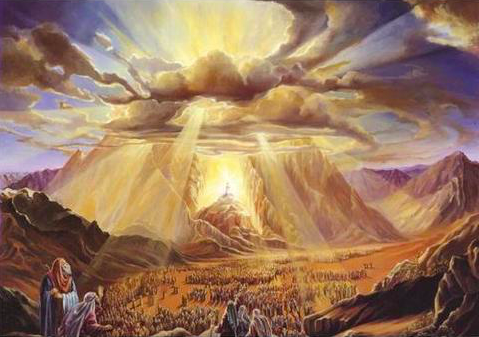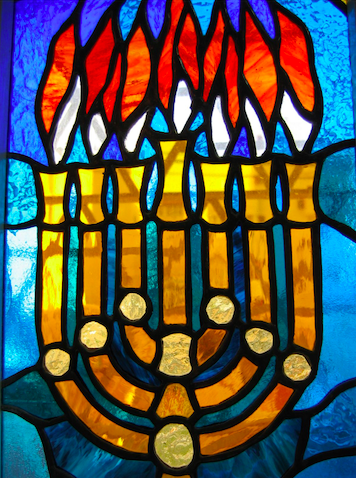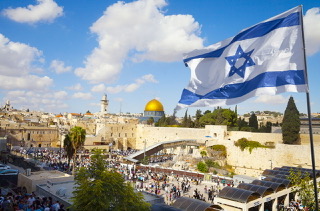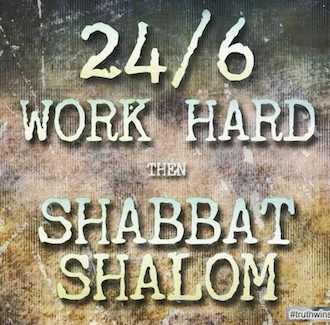Page 15 of 21
Thoughts on parashat Ki Tisa.
Today people lament over the crisis of political and religious leadership. I gripe and grumble along with the best of them, notwithstanding, this “crisis” is nothing new and is quite possibly inherent to human societies. While we must tip our hat to our preeminent leaders that inspire
Thoughts on parashat Tetzaveh.
La Yehudim haita orah ve’simcha ve’sason v’ikar – The Jews enjoyed light and gladness, happiness and honor. (Esther 8:16) – these are the words of Megilia that we read on Purim that has just passed. We recite these words
Refleksja nad paraszą Tecawe.
La Jehudim hajta ora we’simcha we’sason w’ikar – Dla Żydów nastał czas światła, szczęścia, radości i chwały (Est 8:16) – są to słowa Megili, którą czytaliśmy w Purim, które właśnie minęło. Słowa te recytujemy
Thoughts on parashat Terumah.
Rabbi Elazar of Bartotha said: give to Him of that which is His, for you and that which is yours is His; and thus it says with regards to David: “for everything comes from You, and from Your own hand have we given you” (I Chronicles 29:14).
Pirke Avot 3:7
We live in an organized and
Refleksja nad paraszą Teruma.
Rabbi Elazar z Bartoty powiedział: oddajcie Mu z tego, co jest Jego, bo wy i to, co jest wasze, jest Jego. I tak mówił Dawid: Od Ciebie to wszystko pochodzi i co z ręki Twojej mamy, dajemy Tobie. (I Kron 29:14)
Sentencje Ojców 3:7
Żyjemy w zorganizowanym i stosunkowo „oswojonym”
Thoughts on parashat Mishpatim.
When you acquire a Hebrew slave, he shall serve six years; in the seventh year he shall go free, without payment. If he came single, he shall leave single; if he had a wife, his wife shall leave with him. If his master gave him a wife, and she has borne him
Refleksja nad paraszą Miszpatim.
Jeśli kupisz niewolnika – Hebrajczyka, będzie (ci) służył sześć lat, w siódmym roku zwolnisz go bez wykupu. Jeśli przyszedł sam, odejdzie sam, a jeśli miał żonę, odejdzie z żoną. Lecz jeśli jego pan dał mu żonę, która zrodziła
Thoughts on Parashat Beshalach.
Difficult realities create strong people. If they are smart and righteous enough they build better reality for their children. As the time and development progresses, the new generations do not have to face the harsh reality their grandparents faced. Life, in general, becomes easier and
Thoughts on Parashat Bo.
It happened in the spring of 1997 or 1998. Back then I was a student at one of the technical secondary schools in Przemyśl. In the summer semester we had a so-called “vocational apprenticeship”: instead of going to school, we’d spend one month in one of the local production plants.
Refleksja nad paraszą Bo.
To była wiosna 1997 lub 1998 roku. Uczyłem się wówczas w jednym z przemyskich techników. W semestrze letnim mieliśmy tzw. praktykę zawodową: jeden miesiąc, zamiast chodzić do szkoły, spędziliśmy w jednym z okolicznych zakładów pracy. Zakład, w którym odbywaliśmy praktykę






